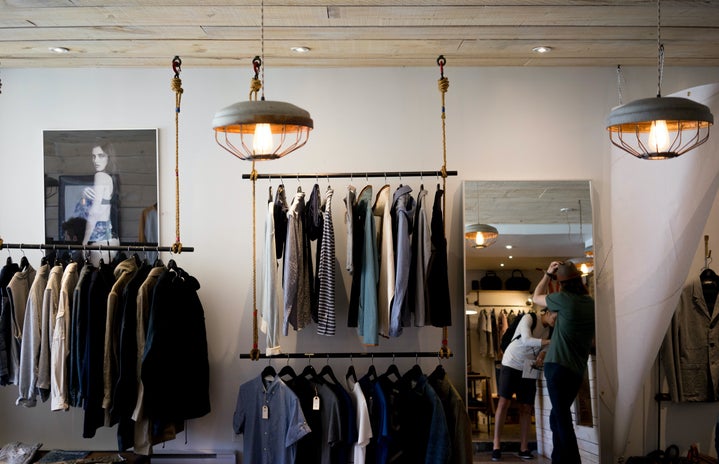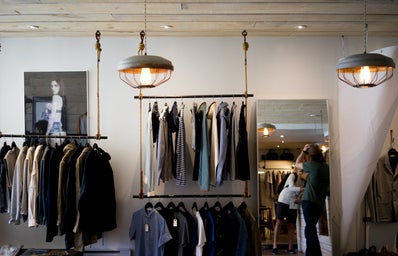I don’t go shopping often, but when I do, I almost always hit up stores like Victoria’s Secret (7 for $35 is a steal) and Hollister. Every time I go into these stores, or buy clothing online, I can’t help but feel shame and guilt.
Former CEO of Abercrombie & Fitch, Mike Jeffries, once said, “Are we exclusionary? Absolutely. Those companies that are in trouble are trying to target everybody: young, old, fat, skinny.”
Jeffries also stated, “We don’t want to market to anyone other than that (good-looking people).”
Via Business Insider
Yes, he made these statements during his tenure years ago, but the Abercrombie and Fitch company has yet to make an effort to fix the sizing of their products (a size 6 in their jeans is not the same as a size 6 in jeans elsewhere) and included more representation.
More recently, former CEO of Victoria’s Secret, Ed Razek, stated in an interview, “’Why don’t you do a size 60?… Why doesn’t your show do this? Shouldn’t you have transsexuals in the show?’ No. No, I don’t think we should… because this show is a fantasy.”
He resigned shortly after these comments.
I sometimes feel like a hypocrite shopping at these stores. I know what the CEO of these brands stand for (or against) in that situation and it goes against my values. I strive to be an ally, but am I really one if I participate in businesses that aren’t inclusive? Maybe that’s “too deep,” but I don’t think it is.
Not only that, it is just plainly against the times for an excess of effort to be put towards no representation.
My high school friends’ response to when this information came out by Ed Razek was, “So what?! This is their company and their brand. They can market their clothes the way they want.”
Before responding to them, I first had to remind them and myself that we are white, cis-women and see representation of that in every movie, show, publication, Barbie, infomercial, Tik-Tok, and fashion advertisement.
What these CEOs said insinuates that their version of beauty is “cookie cutter” and not applicable to trans women, plus size women, and although they have more ethnicities represented than before, to women of color.
My question to them is do they not realize that women of all body types and identities shop for their products? Do they not see how their businesses likely stay afloat by the sales of women that they have ostracized and demeaned with an arguably large amount of bigotry?
It’s important to note that having more diverse representation shouldn’t be taboo or even largely celebrated, it should be the norm. It is common sense that women of color, trans women, plus size women, women with disabilities and women with skin conditions are valid and deserve a seat at the table.


